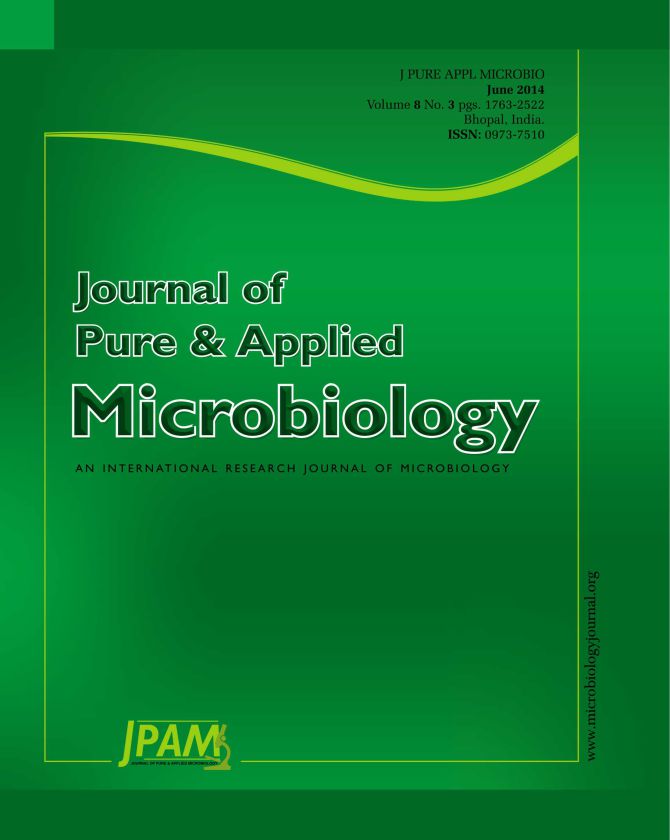Toxoplasmosis is a widespread zoonosis disease in the world. Although the infection by Toxoplasmo gondii is widely prevalent, the disease is not common and the most of acquired infections are asymptomatic. Whereas congenital Toxoplasmosis can occur with passing the trophozoite of the parasite from mother to child and the important aspect of this parasitic infection are the probable danger of congenital transmission and its severe effects of the fetus. In this case- control study, a total of 108 mentally-retarded cases inhabited in 3 rehabilitation centers and 50 apparently healthy donors as a control were screened to detect Toxoplasmosis antibodies. In this study serum of all participants (including mental retard & voluntary blood donors) were kept at – 20°C until laboratory examination. Samples were tested by commercial kit to detect anti Toxoplasma IgG and IgM antibodies. The survey showed that 35.2% of the mental retard group and 30% of control group had anti Toxoplasma IgG and IgM antibodies. From 31 cases in the group of mental retard who were positive for IgG antibody of Toxoplasmosis, 22 cases were male and 9 cases were female that indicated a positive relationship between presence of anti Toxoplasma IgG antibody and being male (P<0.05). Out of 50 volunteer blood donors 15 cases (30%) had IgG and IgM antibodies of Toxoplasma gondii and statistic tests showed that there was no significant difference between cases and controls for IgG and IgM antibodies of Toxoplasma gondii. The rate of Toxoplasma infection in the mentally retarded group was approximately the same as in the normal control group that indicated Toxoplasmosis is not a serious problem in this individual group and played little or no role as a predisposing factor in the occurrence of congenital mental deficiency in this setting.
Toxoplasma infection, Mental retardation, Blood donor, Shahrekord
© The Author(s) 2014. Open Access. This article is distributed under the terms of the Creative Commons Attribution 4.0 International License which permits unrestricted use, sharing, distribution, and reproduction in any medium, provided you give appropriate credit to the original author(s) and the source, provide a link to the Creative Commons license, and indicate if changes were made.


